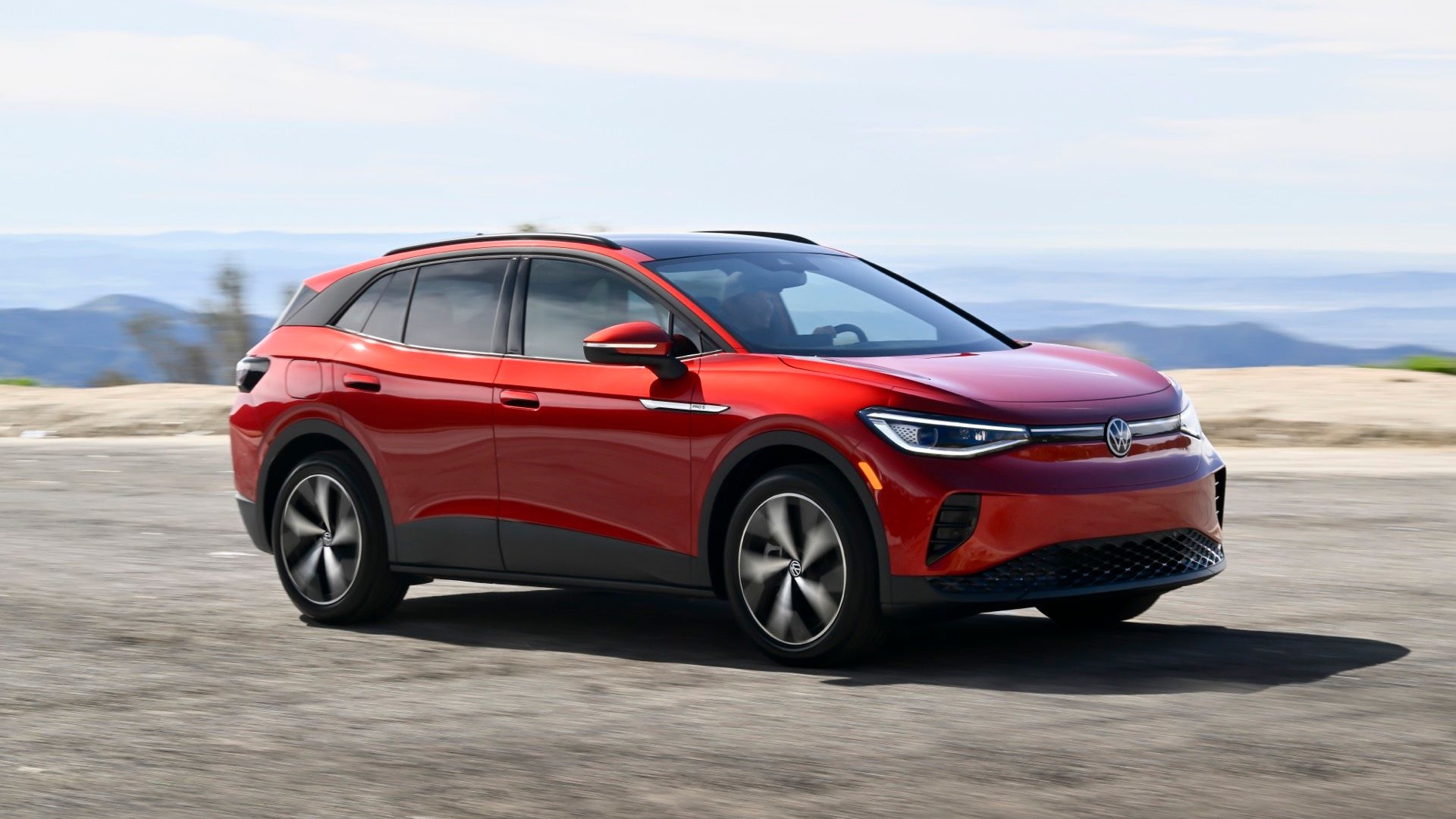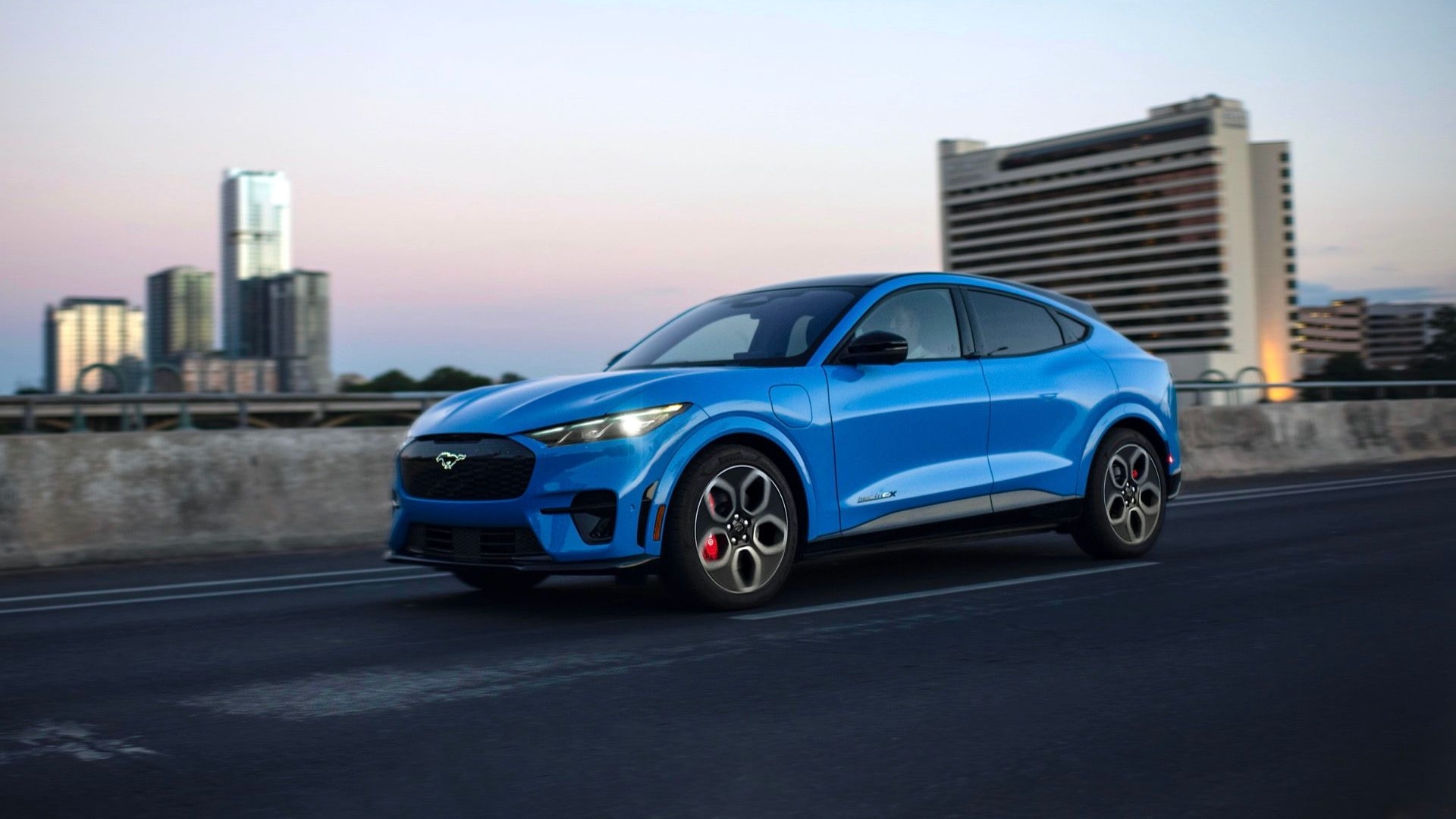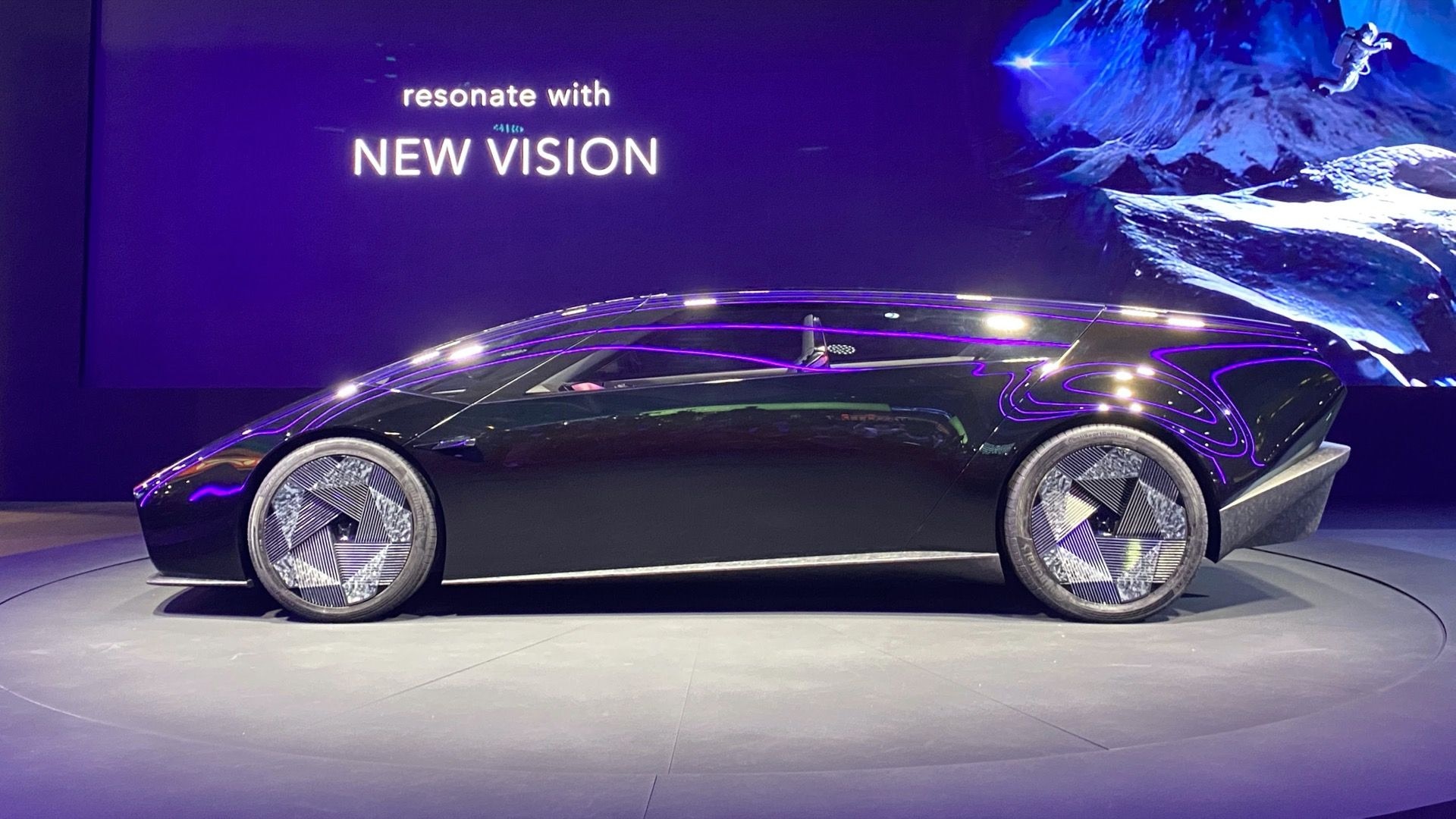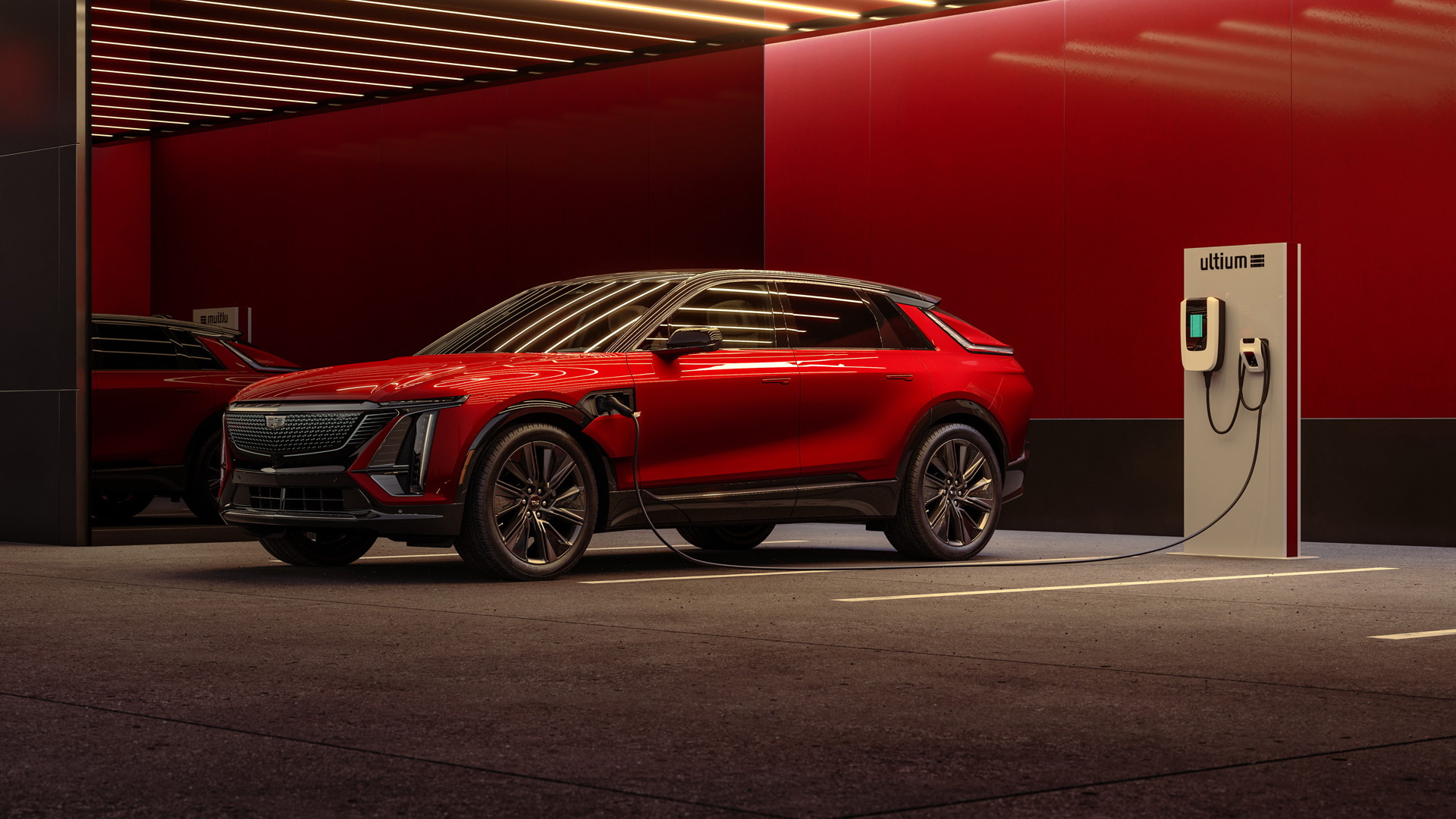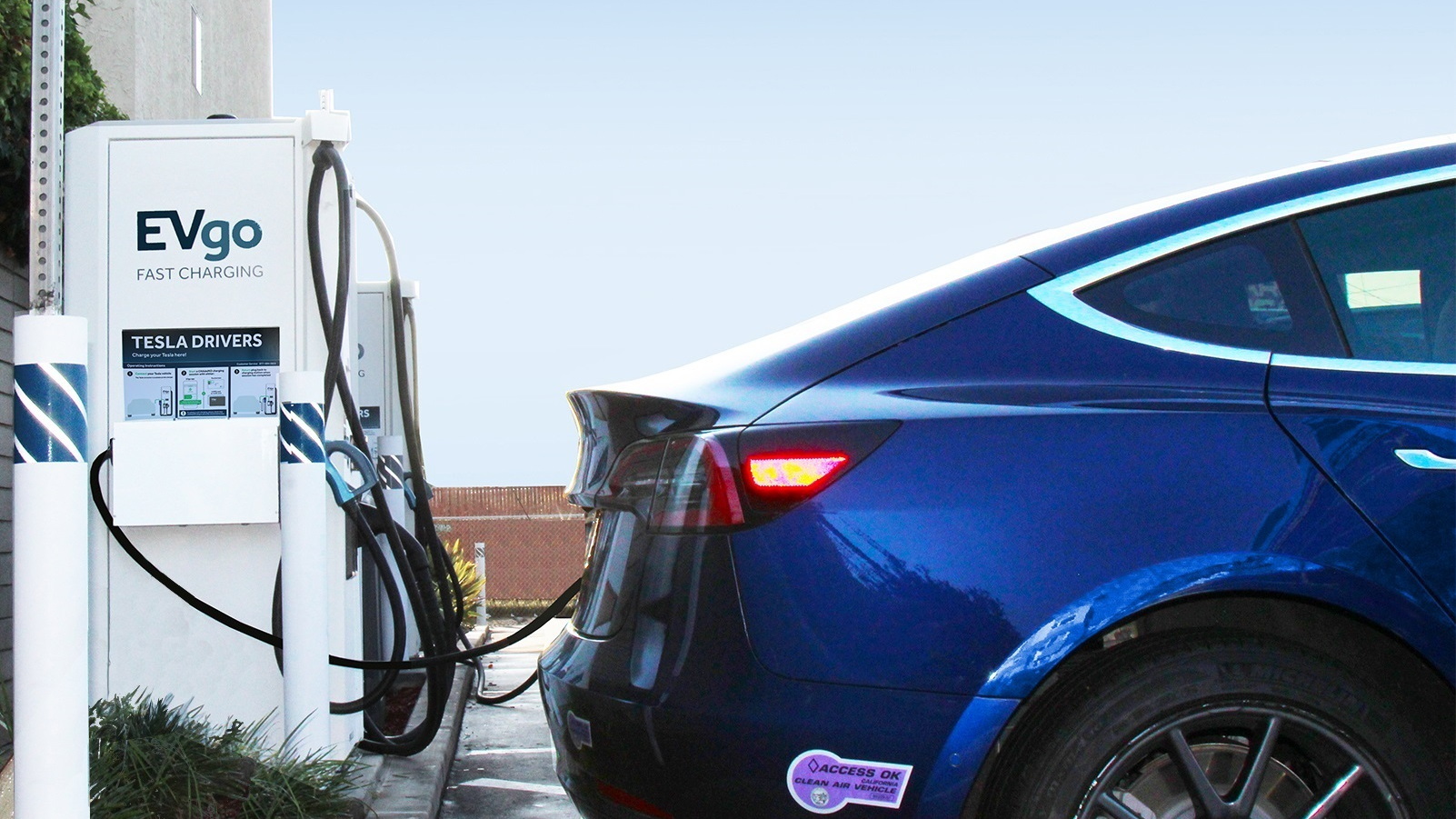General Motors announced today that it will invest in startup Bright Automotive, which hopes to start final production engineering of its Idea plug-in hybrid delivery van design later this year.
GM Ventures, the automaker's venture investing arm, already provided funds to Bright this week; formal agreements are to be signed later this year. It seems unlikely that the old, bureaucratic, pre-banktuptcy General Motors would have done the deal in that order.

Bright IDEA plug-in hybrid delivery van, prototype

GM Logo

2011 Chevrolet Volt pre-production prototype, January 2010
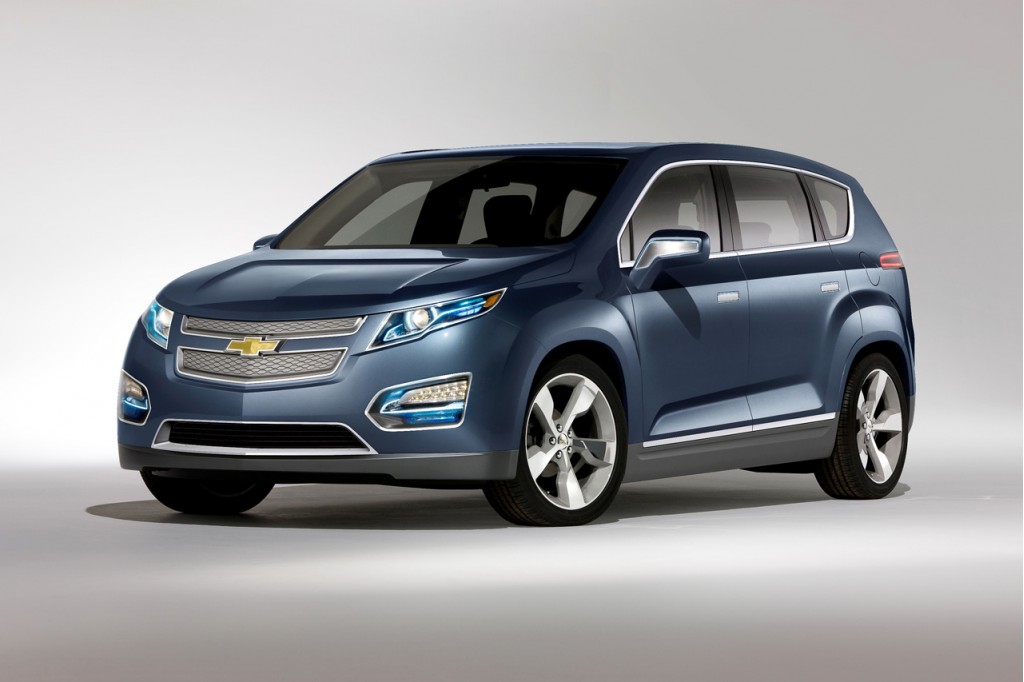
2011 Chevrolet Volt MPV5 concept, Unveiled at 2010 Beijing Motor Show
Bright Idea: lightweight, high-efficiency van
Based in Anderson, Indiana, Bright Automotive unveiled its design for a plug-in hybrid light delivery truck in April 2009. We were able to drive the Idea prototype, briefly, around the time that Bright said its van would achieve an electric range of 40 miles.
The lightweight Bright Idea van is propelled by an electric motor driving the rear wheels, which allows a low load floor in the van body.
A 13-kilowatt-hour lithium-ion battery pack gives it the 40 miles of electric range, after which Bright said the front-mounted engine and transmission in its prototype will drive the front wheels, returning 36 miles per gallon in range-extending mode.
(Bright did note that its range and efficiency numbers were based on an unloaded van.)
Dump Dodge, Go GM?
The prototype we drove had a range-extending 2.0-liter four-cylinder engine from a Dodge Caliber. We suspect that Bright may now switch to a GM engine--perhaps even the 1.4-liter range extender used in GM's 2011 Chevrolet Volt extended-range electric car.
If its route covered 80 miles each day, the IDEA would run half on electric power and then half on gasoline. The last 40 miles would use about 1.1 gallons of gasoline, giving an effective total fuel efficiency of 70 mpg over 80 miles. If the route were only 60 miles, though, the effective gas mileage would rise to more than 100 mpg.
In either case, the Bright IDEA's fuel economy will be vastly higher than that of its competition, including Ford's new Transit Connect small delivery van, which is powered by a four-cylinder gasoline engine rated by the EPA at 22 mpg city, 25 mpg highway.
No Volt Van prospects
Earlier this year, GM showed a concept for a taller five-seat Volt people carrier it calls the Volt MPV5. But it has said nothing about any plans for commercial vehicles based on its Voltec extended-range electric vehicle powertrain.
Bright clearly gains several key assets from the deal: Cash to finish development engineering and launch production of the Idea, access to GM's global parts bin, and the legitimacy conveyed by GM's backing that may make its vans a less risky purchase for fleet managers.
And, "perhaps just as importantly," in the words of Bright chairman and CEO Reuben Munger, in GM "we gain a strategic partner that is a world leader in electrification." Bright is also pursuing low-interest loan guarantees from the U.S. Department of Energy's advanced-technology vehicle manufacturing program.
First deal for GM Ventures
GM, on the other hand, will get a stake in the success to a high-mileage small commercial van that's technologically far more advanced than its competition. And one that could add some incremental volume to production of its expensive electric drive components.
Bright is the first investment made by GM Ventures, formed earlier this year and headed by Jon Lauckner, formerly GM's head of vehicle development. Once the papers are signed, GM will own a minority stake in Bright Automotive.
"Our funding of Bright Automotive," Lauckner said, "will accelerate the introduction of advanced propulsion and light-weight technologies in the commercial vehicle market."
[Bright Automotive, General Motors]








